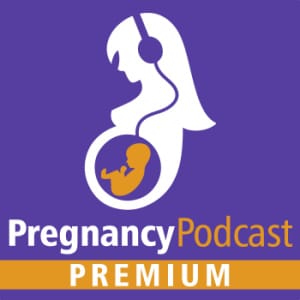Overview
The immune system is complex, and there is a lot of research on how different nutrients impact it. Before you buy any supplements, please make sure you are already prioritizing covering the basics, including eating healthy, sleep, hydration, and exercise. No amount of immune-boosting supplements or superfoods will make up for the basics you need to keep your immune system running effectively. If you have these basics in place, you may want to consider additional supplements to boost your immune system.
This episode is an overview of the risks, benefits, safety, and evidence available on the ability of many vitamins, herbs, and supplements to boost your immune system during pregnancy. I could easily do an entire episode on each of the immune-boosting supplements covered here, including folate and folic acid, vitamins A, C, D, E, zinc, selenium, antioxidants, glutathione, PQQ, herbal immune support, echinacea, elderberry, probiotics, mushrooms, and choline. As always, please talk to your doctor or midwife about any supplements you consider. That includes any herbs or over-the-counter vitamins or supplements.

